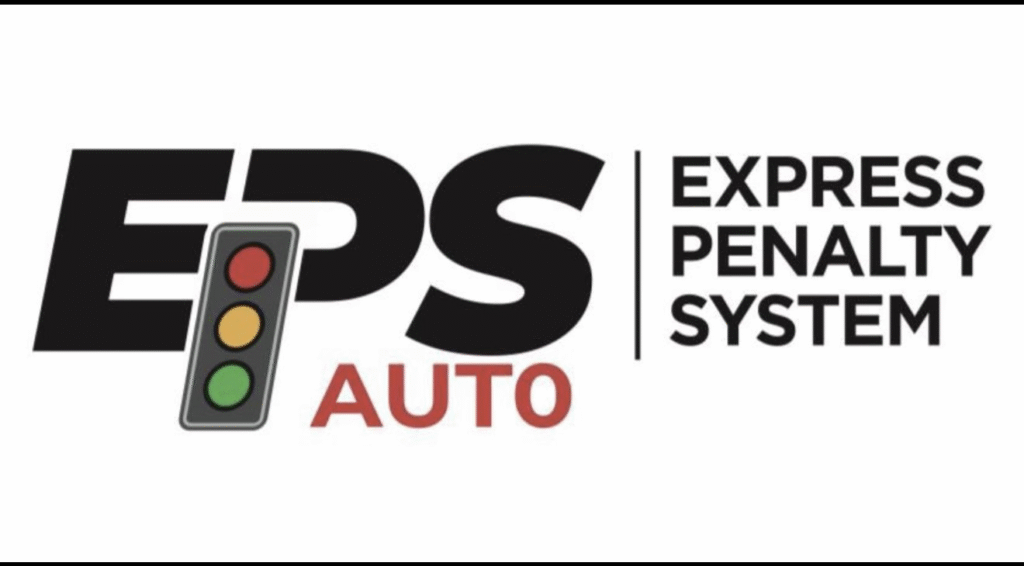
KAMPALA.
The Leader of the Opposition in Parliament (LoP), Mr Joel Ssenyonyi, has written to the Minister of Works and Transport, Gen Katumba Wamala, calling for a review of the ongoing implementation of the automated Express Penalty Scheme(AutoEPS)
AutoEPS , which took effect last weekend has caused widespread uproar among the motorists with many receiving penalties which they describe as unfair . It is part of the ongoing implementation of the Intelligence Transport Monitoring System (ITMS), a government initiative being implemented by a Russian security firm, M/s Joint Stock Company Global Security (JSCGS).

“I write to you to raise serious public concerns regarding the recently intensified implementation of the automated Electronic Penalty System (EPS) currently being enforced across the country,” Mr Ssenyonyi said in a letter dated June 10.
“While the intention behind the EPS may have been rooted in promoting road safety and order, its current execution has raised widespread alarm among motorists and other road users. I have personally received numerous complaints pointing to the system ’s relentless and, in many cases, excessive issuance of traffic fines without clear and accessible justification. In particular, drivers have described the EPS as punitive and exploitative, rather than corrective or educational,” he wrote.
The move comes after several motorists went on social media platforms complaining over the new penalties where a single car is issued with multiple receipts for small traffic offenses .
Also suspicious is the company selected to manage the scheme, which is said to have been allegedly procured through the back door. The ministry, in response on Tuesday said it had received the public outcry and was reviewing the process.

“In light of the feedback received from various stakeholders regarding the implementation of the EPS, particularly on speed limit enforcement and red-light violations, the Government of Uganda is reviewing these views and will provide guidance on the next step in due course. In the meantime, we urge all road users to continue observing traffic regulations,” the statement issued by the ministry reads in part .
Concerns
Mr Ssenyonyi observed that the manner of implementation of the scheme raises a lot of questions, which must be clarified so that the road users understand the motive behind the penalty scheme. Mr Ssenyonyi cited the lack of awareness and training of motorists about the new scheme.
“Motorists are not well informed about how the system works, how to verify penalties and how to contest wrongful fines, confusing and inconsistent speed limits,” he said adding “While certain areas such as the Kampala Northern Bypass are enforcing low-speed limits, there is no clear signage or logical justification, creating confusion and inadvertent violations.”
He also said the implementation poses security risks because slow speeds required by the EPS in high-risk areas like the bypass expose motorists to ambushes, including attacks by criminals wielding stones.
“This poses a significant personal safety concern,” he said.
Motorists with pending tickets are unable to renew their driving licences or even travel out of the country. Mr Ssenyonyi said such restrictions appear overly harsh, especially where appeals or verifications have not been processed and that there are reports of fines being issued erroneously or without drivers being aware of the specific violation. He said in the absence of transparency and recourse, this undermines public trust. “During rush-hour, traffic police tend to control the flow of traffic.
In those cases, motorists have got to ignore the traffic lights and follow the direction of traffic police, which exposes them to the risk of automatic penalties that arise from disregarding the traffic lights,” he said. He said the system that should have helped in ensuring safety on Ugandan roads for all has instead become a punishment and that this has to be reviewed to make the roads safe for all.
“I request your office to review the implementation of the EPS, conduct broad consultations with stakeholders, and institute corrective measures where necessary. Road safety is a shared goal, but it ought to be pursued in a manner that is fair, just, and respectful of the rights and safety of Ugandans. Please consider this letter a formal appeal for an urgent review and recalibration of the EPS framework to address these critical concerns,” he added.
The ministry, however, insisted: “The implementation of the system remains in effect as efforts to improve road safety continue.”
A minority report by the parliamentary committees of Internal Affairs and Defence, and that of Physical Infrastructure had raised a number of red flags on the project, including the dubious way in which the contractor for the project was procured, failure to do due diligence, lack of feasibility studies, abuse of data received and other anomalies.
For example, the minority committee report said there was blatant abuse in public-private partnership provisions and said this led to abuse of public funds. The report also said there was no due diligence done and, therefore, the whole process was done in Kangaroo style and abused to suit particular interests in total disregard of the national interests. Mr Ssenyonyi yesterday said the whole process of procurement was fishy and stinks of corruption, which must be looked into.
“We are also concerned about the company which is implementing this programme; 80 percent of the revenue from the fines will be taken by this private company (Joint Stock Company-Global Security), and only 20 percent will go to the government. Additionally, this company has no historical competence of doing this kind of work. Everything around this project is fishy, and we previously rejected it through a minority report, which was adopted by the whole House,” he said.